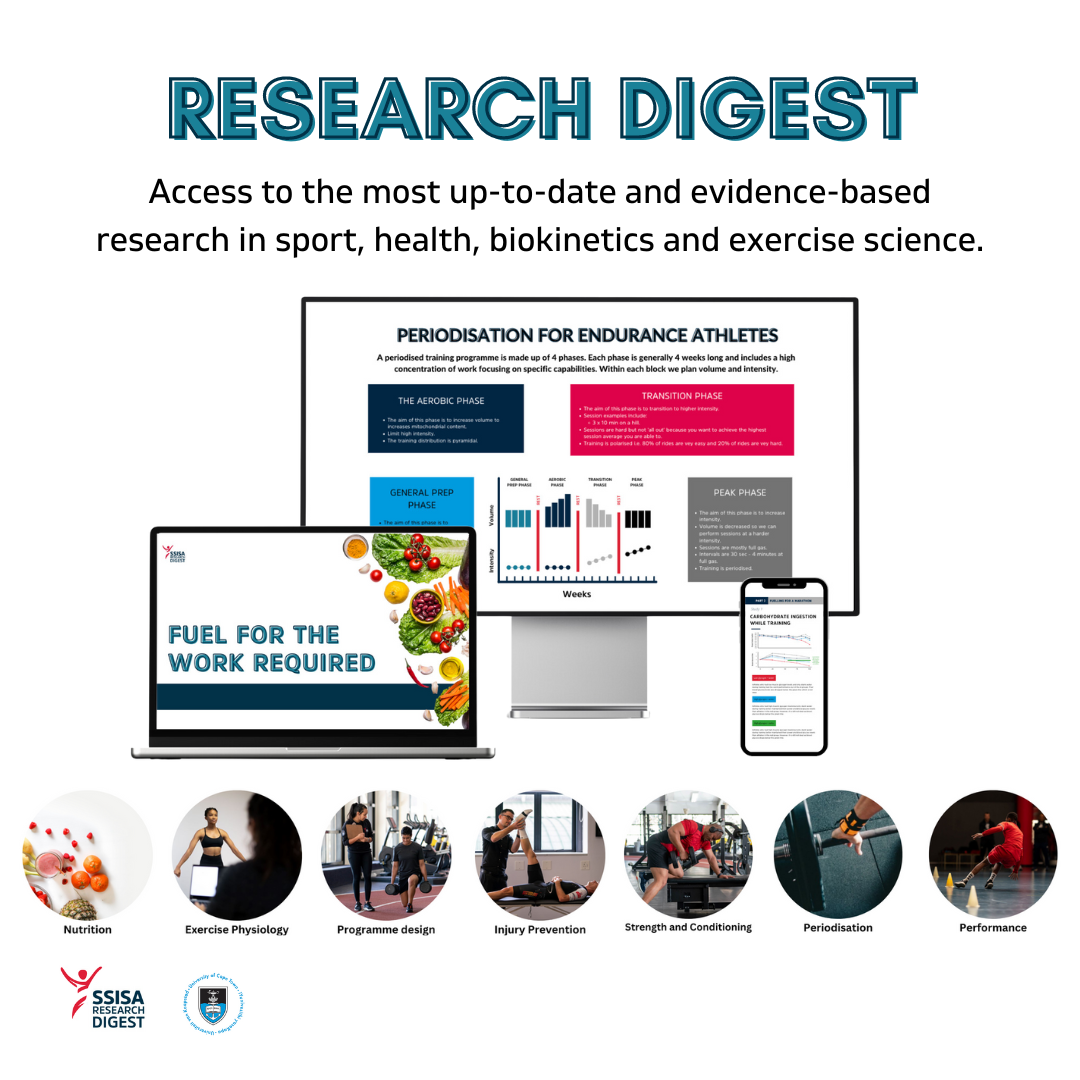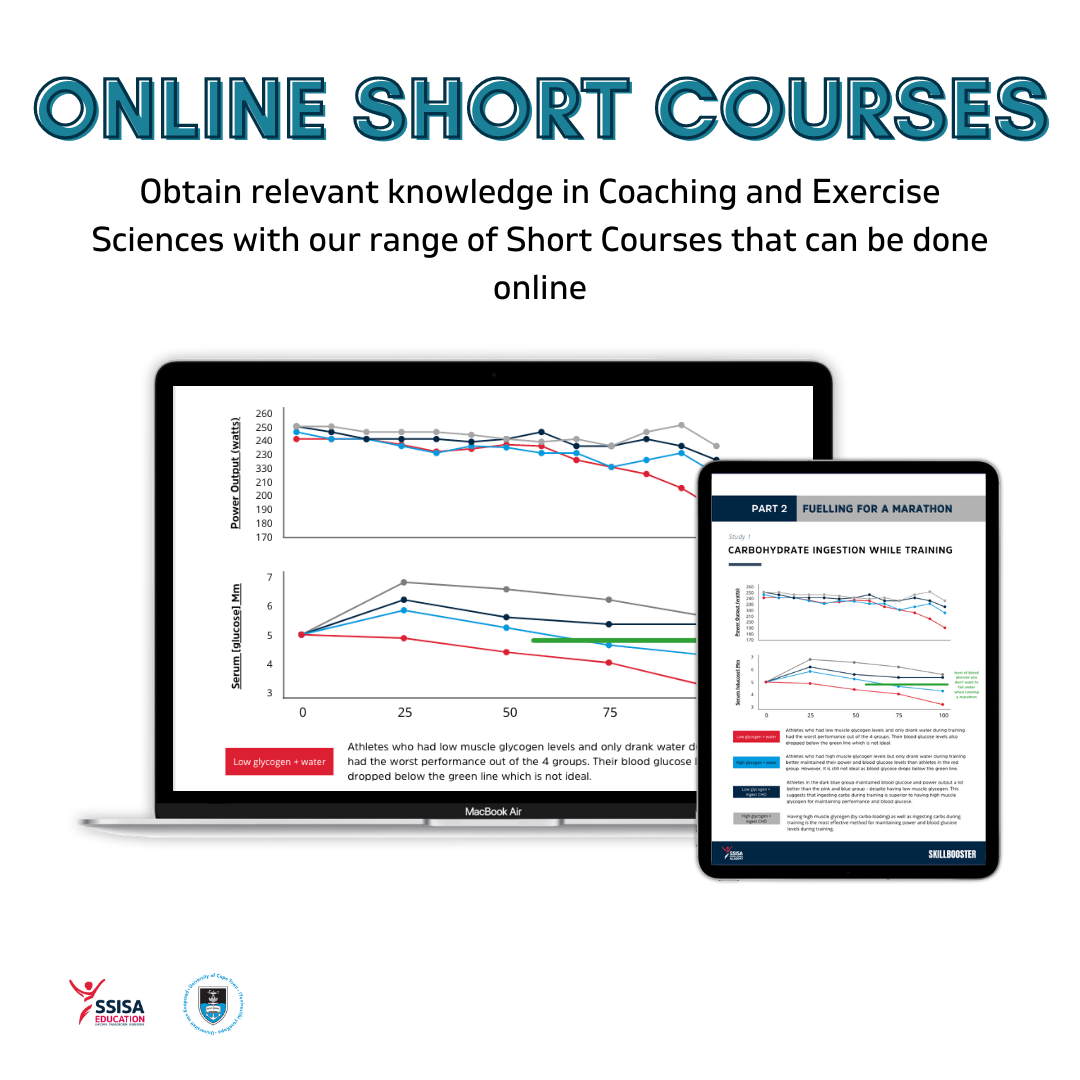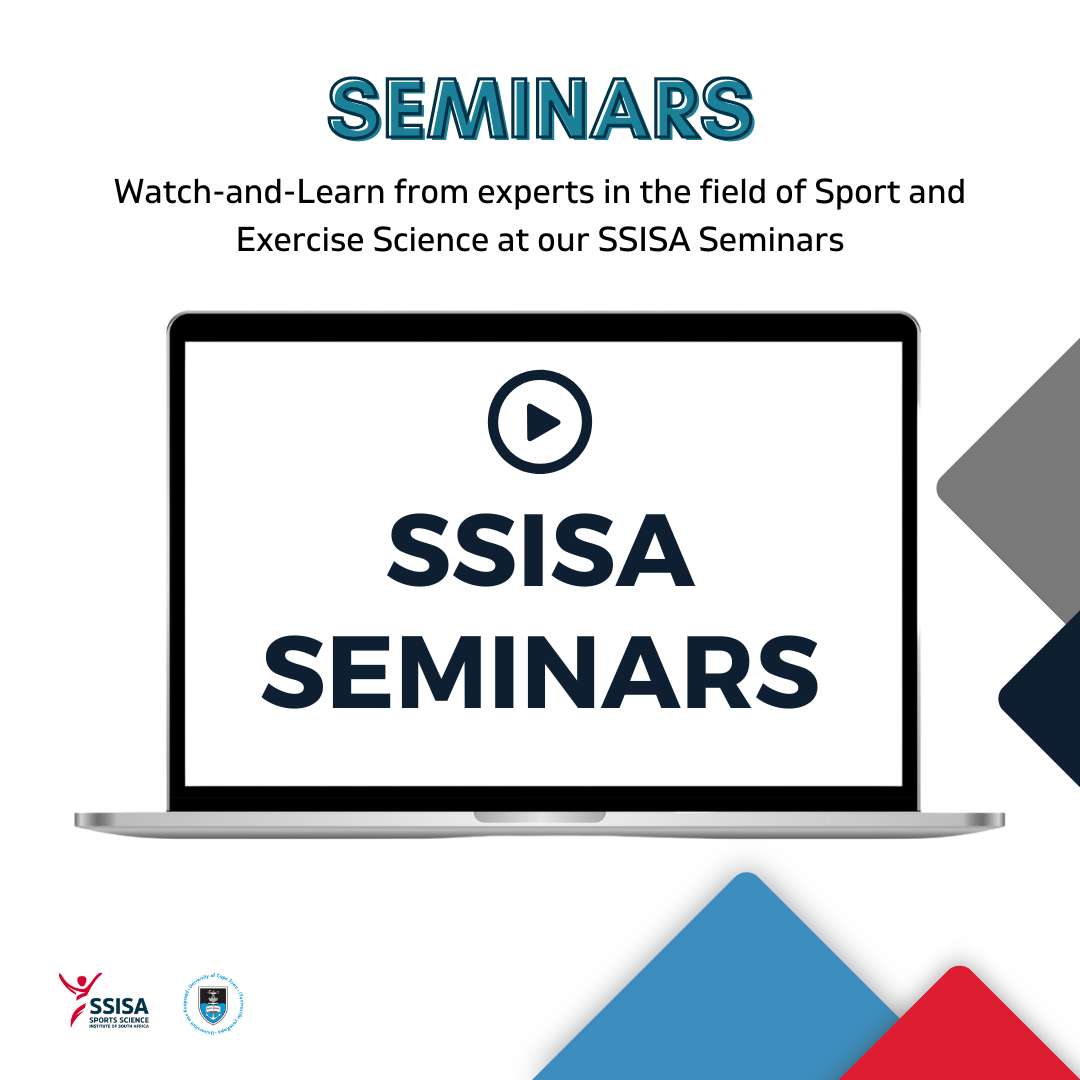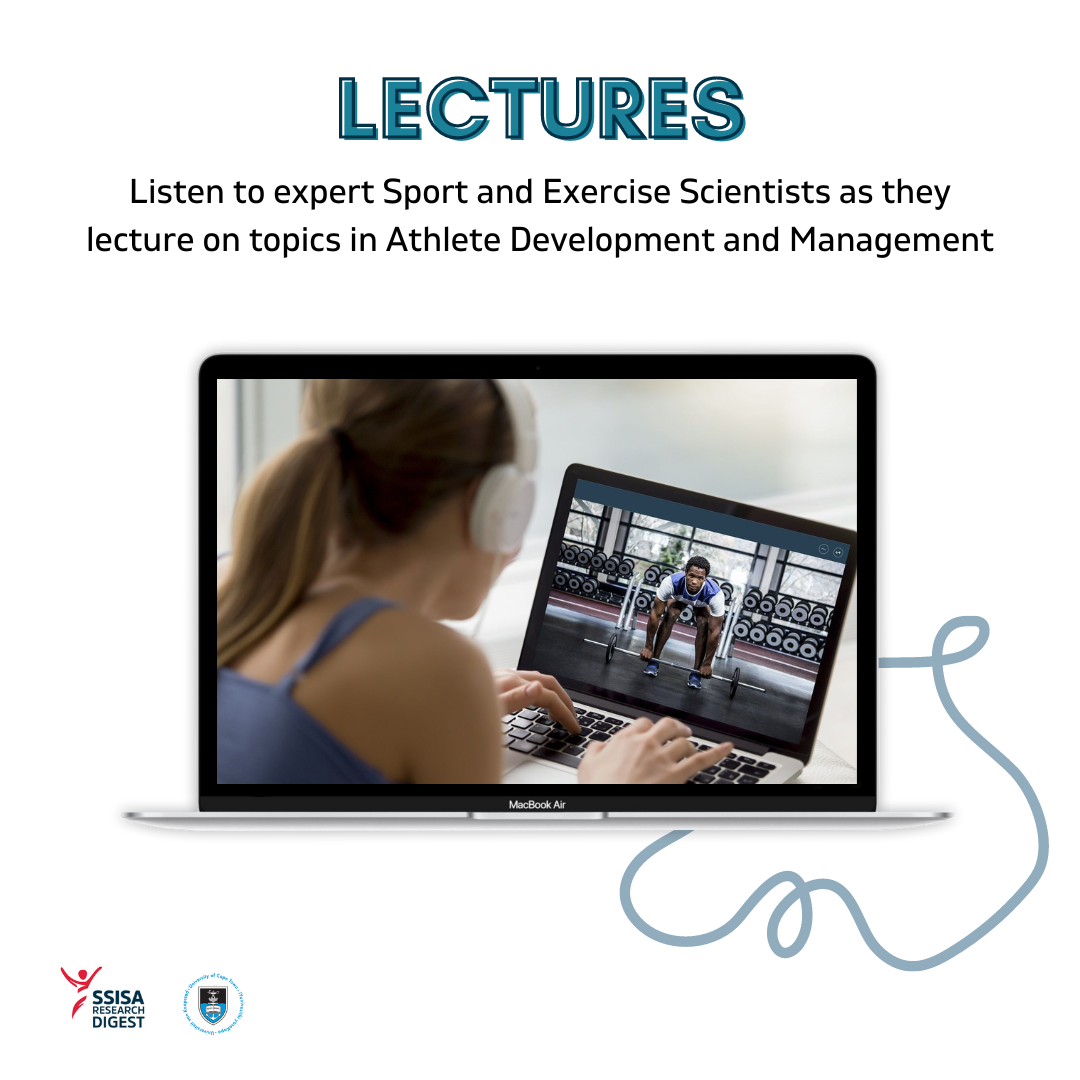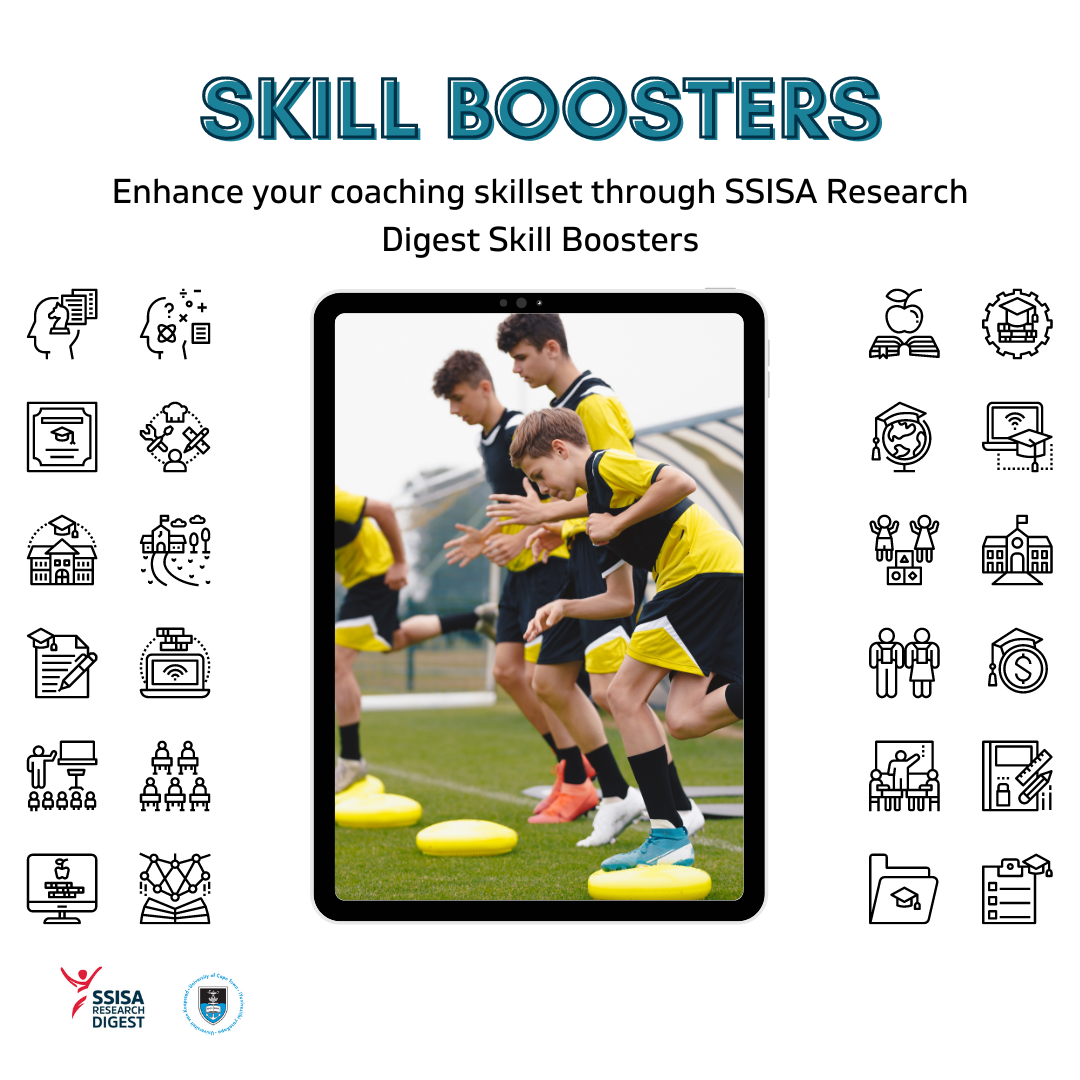
As the tech sector continues to advance, with the growing popularity of wearable devices like mobile phones and smartwatches, the concept of nano-learning is poised to transform the learning industry. By making knowledge more accessible and engaging for individuals of all ages, this innovative approach to learning has the potential to revolutionize the way we acquire and retain information.
As indicated by the most recent studies in the domain of online education, nano-learning is a promising method of education and training that delivers small, digestible portions of learning content that can be easily consumed and retained by the audience. Furthermore, research indicates that nano-learning possesses considerable potential to enhance the skills or retrain individuals, thereby improving their productivity and mastering specific topics (1,2).
Nano-learning is a burgeoning trend in learning design that involves imparting knowledge through concise, informal learning practices facilitated by electronic media. This approach is characterized by being self-contained and offering small, targeted information with a specific objective. Nano-learning often incorporates a diverse array of multimedia, such as text, video, audio, and images, to maintain audience engagement. It has become an indispensable tool for course creators and educators in today's fast-paced world, enabling them to make learning more accessible to a wider audience. In particular, busy schedules pose a significant challenge, particularly in the sports industry, where individuals may be deterred from enrolling in longer courses due to an ever increasing workload. Nano-learning provides a means for individuals to engage with content while on-the-go, making it possible for them to access learning materials even when they have limited time available (1,3,4). The flexibility of nano-learning has made it a sought-after alternative for those with demanding schedules (5).
Empty space, drag to resize
Importance of nano-learning in the field of sports science- Accessibility and Flexibility: Nano-learning modules can be accessed at any time and from any location, providing an ideal solution for athletes, coaches, clinicians, and sports professionals who have busy schedules. The flexibility of these modules is particularly valuable in sports science, where athletes and sports personnel often have demanding training and work commitments.
- Enhancing Performance: Nano-learning can assist sports personnel and athletes in comprehending intricate concepts or techniques in a more straightforward manner, which may result in improved performance. As research is continuously evolving, it can be challenging to stay current with the latest knowledge in the field. For instance, watching a brief video demonstrating a specific exercise technique or viewing a concise infographic explaining a nutritional concept can aid sports professionals in expanding their knowledge, leading to heightened performance.
- Efficiency: Nano-learning involves a minimal amount of time to acquire information, as it provides small, digestible chunks of information. This makes it a convenient and effective method of learning, particularly for individuals with limited time.(1).
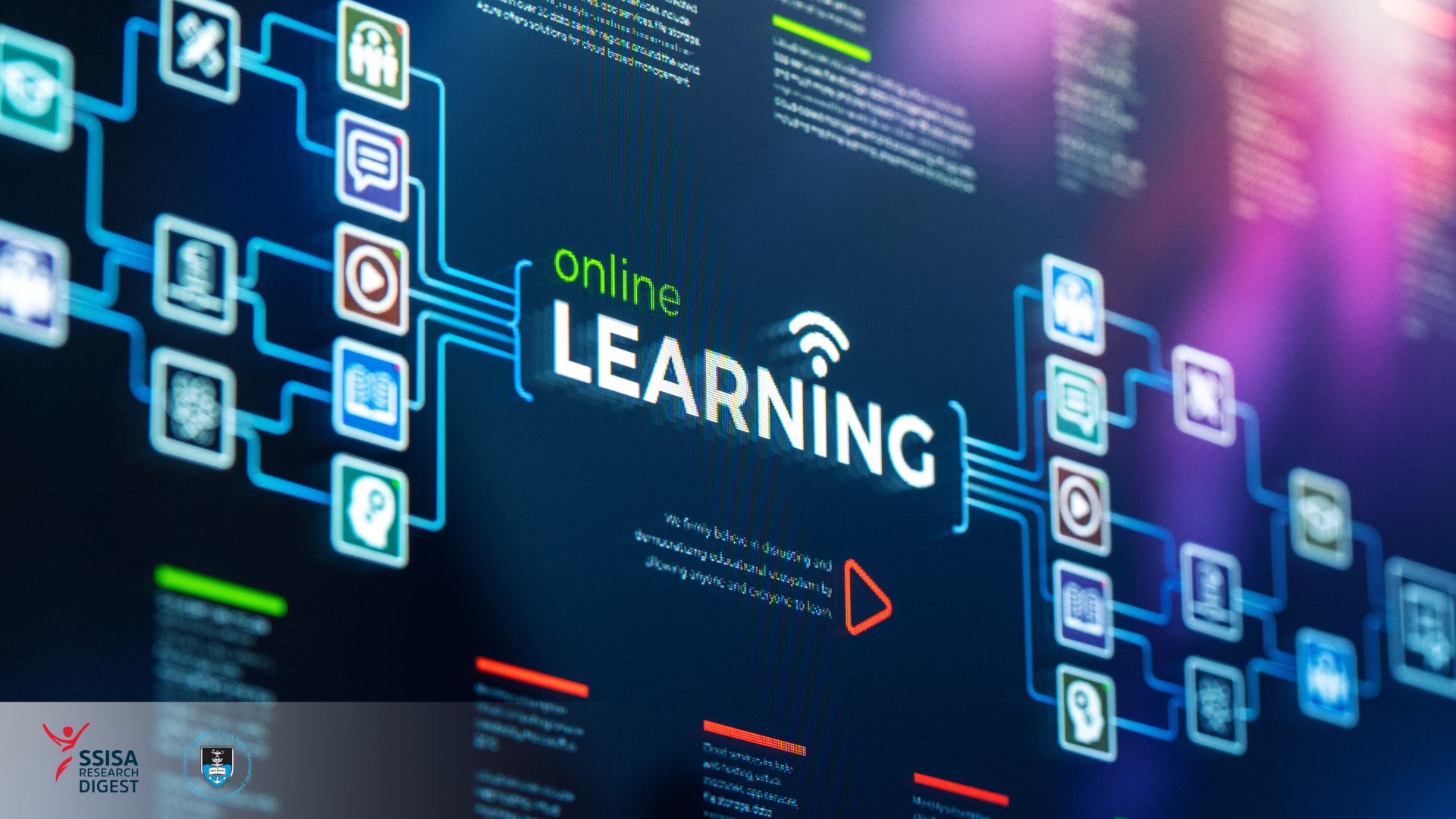
SSISA Academy (Research Digest and Online Short CoursesThe Sports Science Institute of South Africa exists to translate, simplify and embed science in sporting and health practice. Our content is evidence-based, up-to-date, understandable, and created by industry experts.
SSISA Research Digest caters to coaches, sports administrators, athletes, clinicians, and sport scientists, keeping sports professionals informed and up-to-date with the latest insights within our field.
SSISA Research Digest stands apart from traditional learning methods:
|
SSISA Research Digest |
Traditional Learning |
| Micro-Learning vs. Lengthy Courses |
Embraces micro-learning—short, focused content that fits into your busy schedule. You receive regular updates, allowing you to learn incrementally. |
Often involves lengthy courses or workshops. Micro-learning is more flexible and accessible. |
| Learning-as-You-Go Flexibility |
Learn seamlessly as you go. Access content during coffee breaks, commutes, or downtime. |
Requires dedicated study hours, fixed schedules, and physical attendance. |
| CPD Points Accumulation |
Structured content helps you accumulate Continuing Professional Development (CPD) points. Stay relevant and meet certification requirements. |
CPD points may not be as integrated or easily earned. |
| Certificates at Your Own Pace |
Earn certificates of completion for specific modules or topics. Progress at your preferred speed. |
Certificates often tied to course completion, regardless of individual pace. |
| Industry-Relevant Insights |
Created by industry experts, it delivers evidence-based content tailored for coaches, athletes, clinicians, and students |
May lack real-world insights or focus on specific niches. |
| Stay Ahead, Stay Certified |
Demonstrates commitment to excellence. Consistent learning keeps you sought-after in your field. |
Certification alone may not reflect ongoing professional growth. |
With a monthly subscription to SSISA Research Digest - Coaches, Athletes, Sports Administrators, Sport Scientists, and Clinicians are able to access our range of content offerings, which include:
- Research Applied Masterclasses
- Seminars
- Lectures
- Skillboosters
- Q&A's
- Mythbusters
- Articles and Toolkits
All content is updated monthly with regular blog posts and social media, as we intentionally keep our audiences informed with the latest findings from the clinical and research community.
Online Short Courses are designed to provide insights into specific sporting concepts. We work with industry experts (both at SSISA and
UCT Health through Physical Activity, Lifestyle and Sport Research
Centre). Our online short courses are CPD accredited covering a wide variety of topics. Earn a certificate of accreditation for each of our courses in their fields of Biokinetics, Sports Science, High Performance Sport, Nutrition and Early Child Development. Learning on-the-go has never been easier, now with Sports Science at your fingertips. It is safe to conclude that nano-learning plays a crucial role in sports science by providing sports professionals with accessible, flexible, and effective learning tools. We hope you join SSISA Academy (SSISA Research Digest and SSISA Online Short Courses) so that you too can stay ahead of your field with the latest clinical and research insights applicable to the the field of athlete development, high performance, long-term participant development and sport promotion, provided by SSISA’s Group for Research Implementation ad Translation and Biokinetics divisions.
Empty space, drag to resize
SSISA Academy products are proudly brought to you by the SSISA Group for Research Implementation and Translation (GRIT):
- Warren Lucas, PhD Candidate in Exercise Science, UCT
- Devon Da Costa, PhD Candidate in Exercise Science, UCT
- Tim Klein, MSc Candidate in Exercise Science, UCT
- Evan Knight, MSc Exercise Physiology, SU

References
- Yousef AMF, Huang R, Tlili A, Garcia MB, Mahmoud AG, Metwally AHS. Small Bites, Big Impact: The Power of Nanolearning. In: Anutariya C, Liu D, Kinshuk, Tlili A, Yang J, Chang M, editors. Smart Learning for A Sustainable Society. Singapore: Springer Nature Singapore; 2023. p. 108–16.
- Dr. Vivekananth.P. Nanolearning: A New Paradigm Shift in Teaching and Learning. International Journal of Engineering and Management Research. 2022 Feb 28;12(1):112–4.
- Garcia MB, Juanatas IC, Juanatas RA. TikTok as a Knowledge Source for Programming Learners: A New Form of Nanolearning? In: 2022 10th International Conference on Information and Education Technology, ICIET 2022. Institute of Electrical and Electronics Engineers Inc.; 2022. p. 219–23.
- Corbeil JR, Khan BH, Corbeil ME, Corbeil JR, Khan BH, Corbeil ME, et al. Microlearning in the Workplace of the Future. 1st ed. Microlearning in the Digital Age. 2021. 240–263 p.
- Dilshodjon S, Numonjonov U. Innovative methods of professional training. 2020; Available from: https://dx.doi.org/10.15863/TAS.2020.01.81.134




